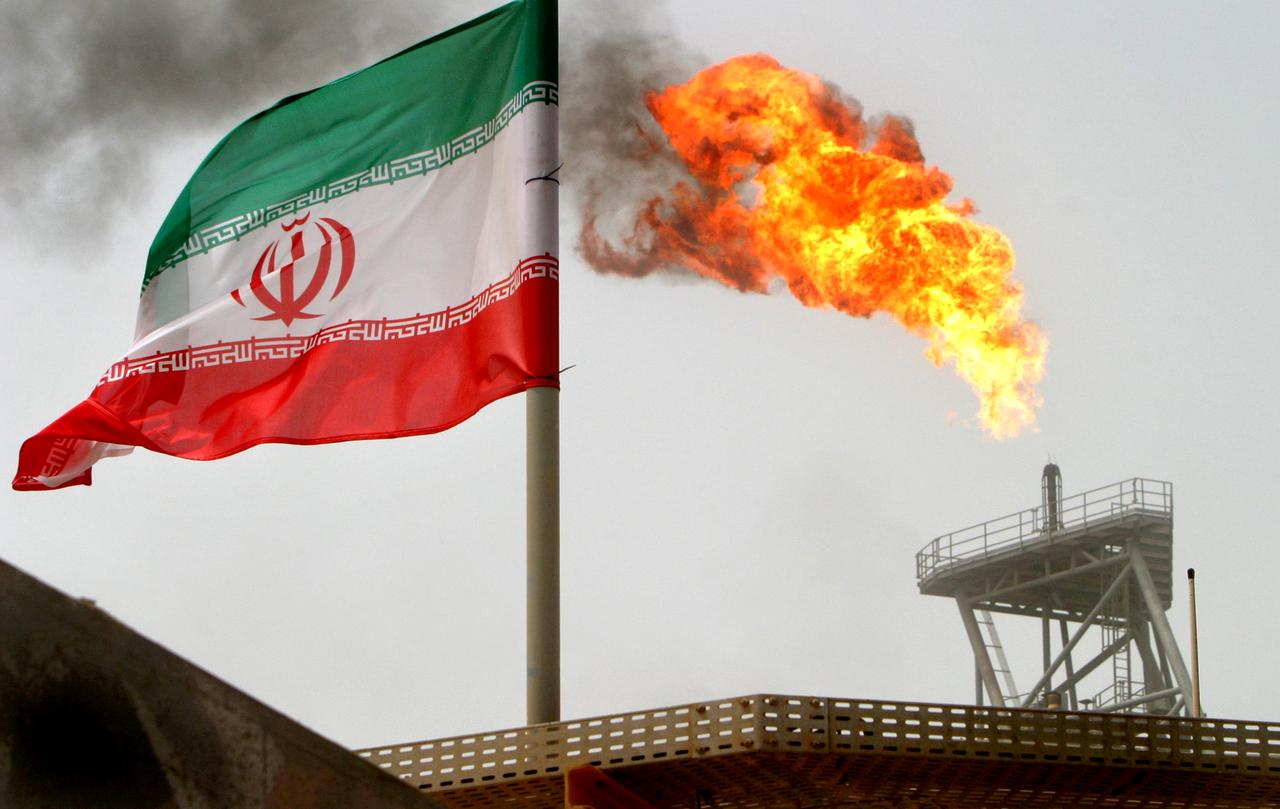Imagine an executive of a respected French or German multinational corporation attending a conference organised by officials from Islamic State in 2016 because it controlled oil wells worth billions of euros. Imagine also that there is a very high likelihood of being surveilled, scouted for intelligence value or even recruited by one of the most active terror organisations in the world at this conference.
You would assume that no executive would take such a risk, right? But this, however, is exactly what happens every year in Iran, where businesspeople have flocked in recent years to conferences organised by affiliates of the Islamic Revolutionary Guards Corp (IRGC). As well as operating as the paramilitary arm of the Iranian regime at home, the IRGC is also Iran’s main link to its terrorist proxies – such as Hezbollah – which the regime uses to boost its global influence.
There are signs, however, that this state of affairs is changing. The Iran Oil Show, one of the most closely watched oil and gas conferences in the world, opened in Tehran this month to muted fanfare, and one of the least globally diverse audiences in memory. Thanks in large part to greater clarity around Iran’s use of trade to fund terror organisations, including the IRGC, the exhibition hall was nearly empty of foreigners. As Iran’s economy becomes less stable and more isolated, the lack of interest in Tehran’s marquee event should be startling to regime insiders and prompt greater consideration of a long-awaited change in behaviour.
The conference – which was organised by the National Iranian Oil Company (NIOC), “an agent or affiliate” of the IRGC – was an abject failure. Just last year, 600 foreign companies from 38 countries were registered. One year later, only 58 foreign companies registered. Lack of participation in this major conference is a bellwether – and the timing could not be worse for Tehran. As the conference began, a global ban took effect placing any purchaser of Iranian oil at risk of US sanctions.
The attendance drop is reflective of a recognition among foreign firms of a simple truth: there are no clean companies in Iran, especially not any controlled by the regime. Every corner of the Iranian economy is infected by the IRGC. There is no escaping its reach.
The IRGC controls significant portions of the banking sector, logistics and supply chains, manufacturing and more through front companies designed to disguise its role. These businesses exist to fund the IRGC’s own air, land and naval units, as well paramilitaries and the Quds Force, which operates outside of Iran’s borders alongside other terror organisations.
The US recently sanctioned an Iranian conference organiser called New Horizons for “its support for the IRGC-QF” and because it “hosts international conferences that have provided Iranian intelligence officers a platform to recruit and collect intelligence information from attendees”.
In other words, if you’re attending or exhibiting at a conference either in Iran or in Europe featuring Iranian companies, there’s a high probability you will be scouted for possible intelligence value or even recruitment by one of the two most ruthless agencies serving the Iranian regime.
New Horizons is not an outlier in this regard. Pro-Iran trade conferences continue to be enabled by the help of European organisers. IMAG GmbH, for instance, one of the world’s top trade fair organisers and one of the biggest exhibition companies in Germany, has helped organise multiple conferences in Iran.
Simply put, business leaders have finally come to the realisation that doing business with Iran funds terror and that there is no way to avoid this. It’s why no reputable company attended the conference. It’s why no global corporation has stood up in support of sanctions evasion tools developed by the European Union. And it’s why Iran may soon face an existential financial crisis of its own making.
While the notion of merely attending a conference might seem innocuous to corporate compliance and legal departments, they evidently are not taking into account the shady and dangerous depths to which IRGC and MOIS agents will stoop. The message to all companies in the meantime should be crystal clear: do not risk any involvement in Iran conferences, whether inside or outside Iran.
Mark D. Wallace
former US ambassador to the United Nations for management and reform, chief executive officer of United Against Nuclear Iran
Read the original article on the website of Euronews

